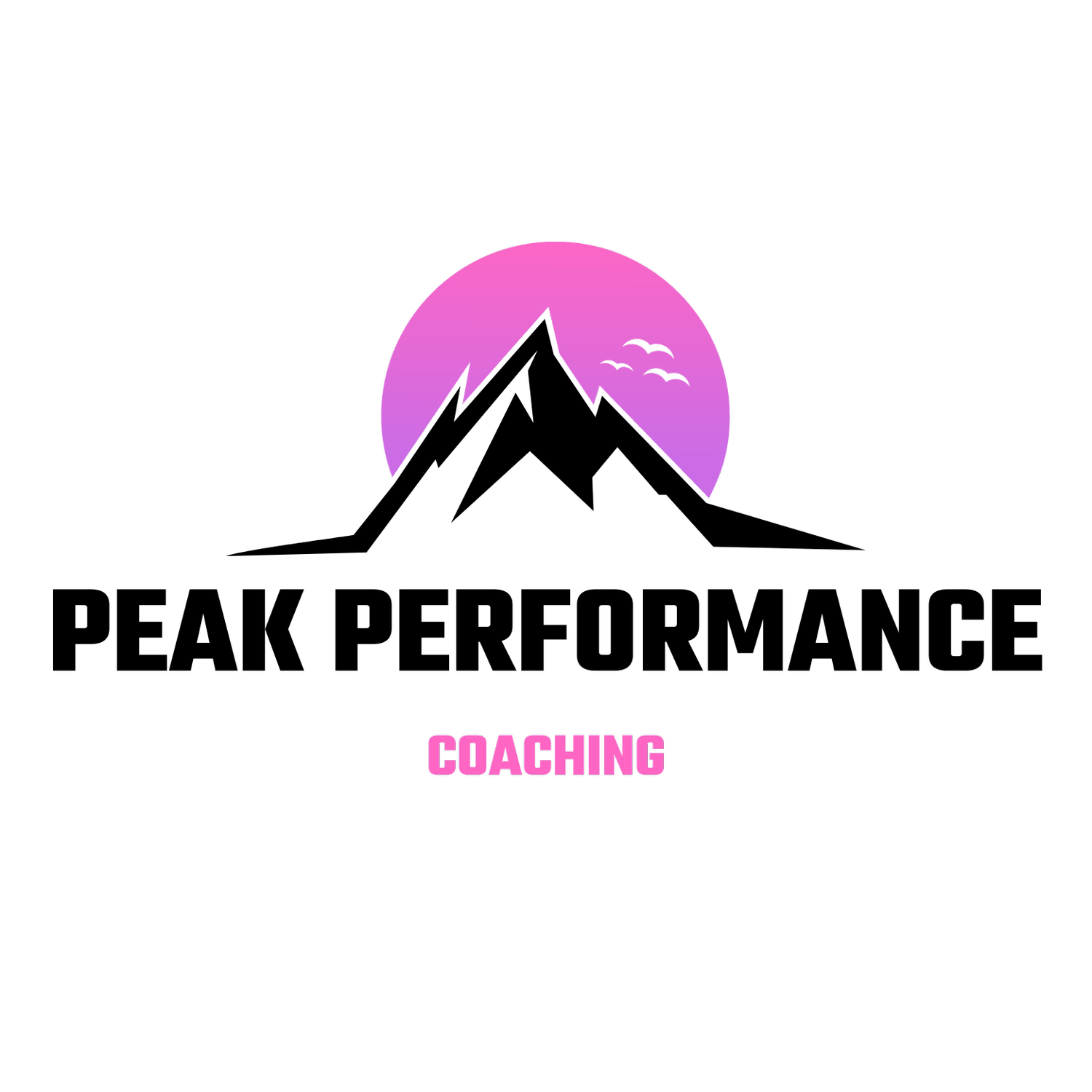Chop wood, carry water…
Every one of us will obsess over the physical nature of our training; how hard did that last session feel? How much fitness have I gained from the last race that I did? How am I recovering?
But less of that focus goes towards the psyche and the impact that our intensive training has on it. By the way - when I say intensive, you can be training 2-3 times a week or 25 hours a week, it’s all relative to the external stressors that we have on us as individuals, work, family, commitments.
A lot of us will have started in endurance because we saw it as a vice, something that allowed us control, a constant of every day or at a minimum every week, maybe even for the escapism of every day life. Then you start to see some progress, you start yearning for more, start to add some expectation into the mix and before you know it you’re red lining on a weekly basis trying to find that extra percent for the next time you step on a start line!
We love it, that’s why we do it. But we need to remember that, and acknowledge that when we begin not to love it, or it becomes a thorn in our side rather than something that is helping keep us together - adjustment may need to be made.
As Charlie Chaplin famously once said “We think too much and feel too little” and in a way this can be applied to a lot of us athletes, if we feel a bit off, or we aren’t enjoying it as much, we begin to over analyse, over think, try and apply some form of logic to the scenario.
When a lot of the time we just need to take a step back, feeling a bit overwhelmed with goals you’ve set? Take the pressure off, readjust. Feeling like training is getting on top of time spent with family? Finish what you set out to do with the understanding that when it’s over, you’ll give back to those who supported you. It’s all about reframing the mind to allow for the ebbs and flows of endurance sports.
We’re in a sport unalike any other because really, it isn’t for ‘fun’ - it’s a very specific type of enjoyment that usually comes as a mix of before, during but more often that not - after. So we can very easily forget why we’re doing it.
To reference the title of this blog - there is something to be said for letting the process be what it is, sitting back and observing the ebbs and flows, adjusting in a micro environment but from an overall perspective staying on the path you’ve laid out for yourself on a macro level. Small changes in every day activity to help adjust, but no big changes, no listening to your emotions.
It’s a balance between the two. Don’t get me wrong, if you want success and nothing but success, huge sacrifice has to be made, including not listening to your emotions. But for the majority of athletes making minor adjustments in every day life that keep you on the straight and narrow is only ever going to have a positive effect.
“Before enlightenment, chop wood and carry water, after enlightenment, chop wood and carry water”
Only the disciplined ones in life are free. If you are undisciplined, you are a slave to your moods and your passions. - Eliud Kipchoge.
Callum Townsend
Head Coach & Director
Peak Performance Endurance Coaching

